A Visit to a Thriving Community Garden
Residents of a Minneapolis neighborhood enjoy the healthy bounty of fresh produce
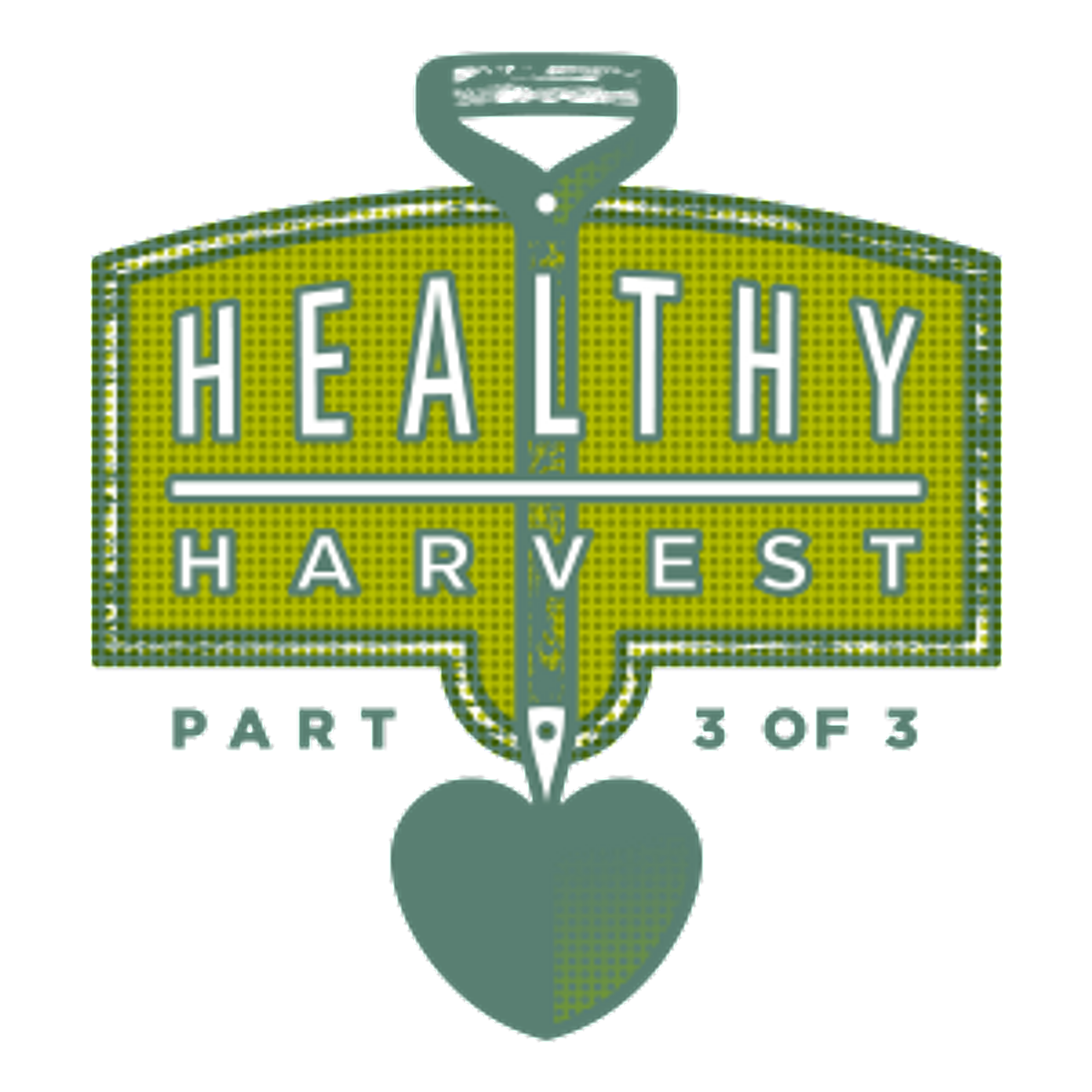
(Editor's Note: We've entered the time of the year when fresh produce is abundant in home gardens and at local farmers' markets. This month, Next Avenue is focusing on how gardens can not only provide healthy options, but can also make an impact on the community and have an overall effect on health and well-being. This is the third story in our series.)
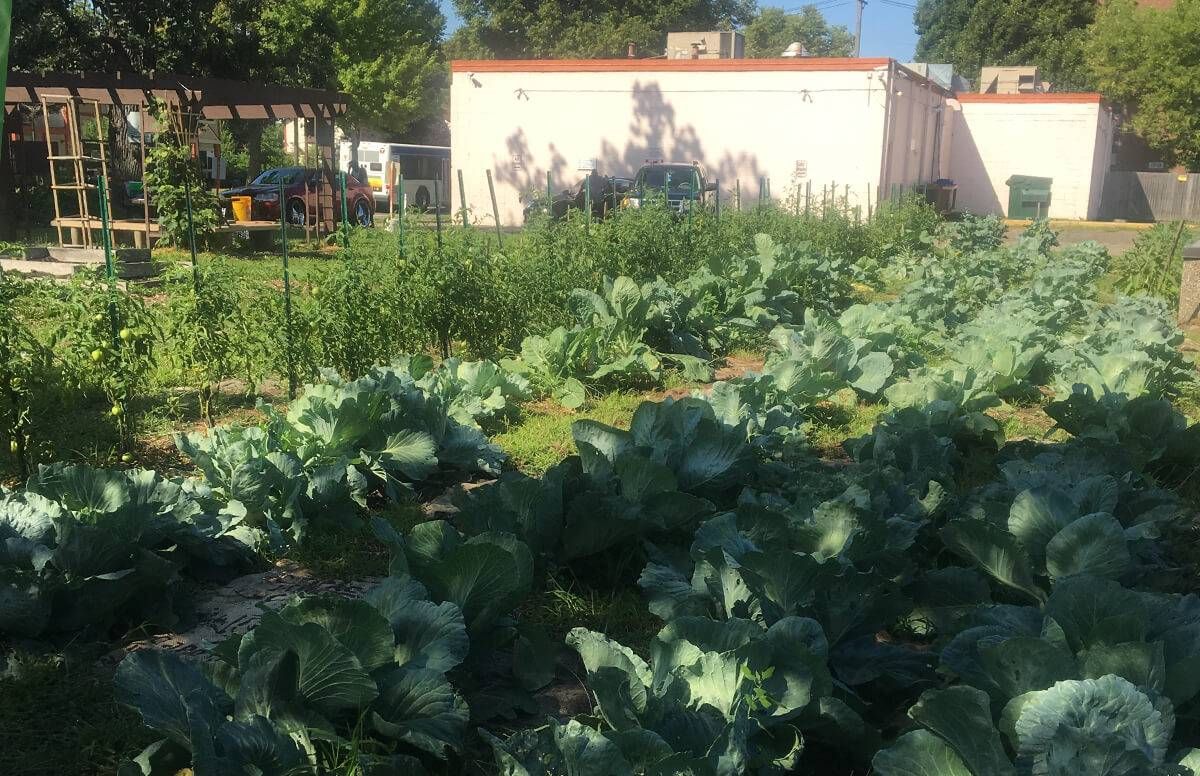
On a warm and bright August morning, Starr Shockley, 39, of Minneapolis, walks slowly among the thriving rows of vegetables at the community garden on Plymouth Avenue, looking from side to side. Just in front of her is Nothando Zulu, 74, the force behind this garden in a low-income neighborhood of north Minneapolis.
“You can tell the difference between collards and cabbage,” Zulu, wearing a broad straw hat and sunglasses, says, pointing out the plants to Shockley. “The collards are taller.”
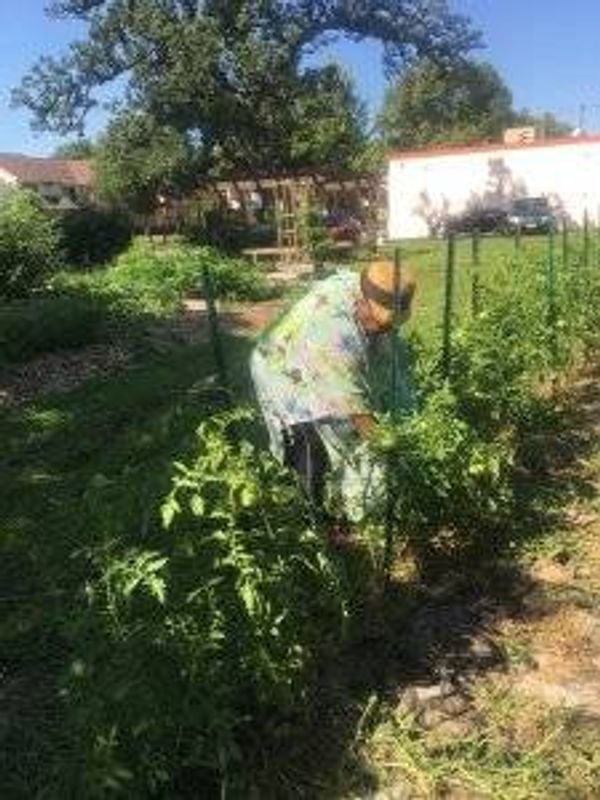
Zulu, who is the founder (with her husband Vusumuzi) and president of the Black Storytellers Alliance in the Twin Cities, actually wears many hats with respect to this garden, which she launched about eight years ago.
At the beginning of each season, she starts some seeds at her home, purchases plants (courtesy of financial donations the garden receives from local organizations), plants and tends the garden (with some help) and then answers questions about the produce for residents who come to harvest broccoli, kale, squash, eggplant, tomatoes, cabbage and more for their tables.
According to Zulu, green tomatoes are very popular with a lot of locals: "As soon as they get any size, folks are over here."
Shockley, the mother of four children ages 13 to 23, and grandmother to a year-old baby, comes over to the garden once a week. Her crew is partial to fried cabbage (especially cooked with smoked turkey tails) and their favorite: fried green tomatoes.
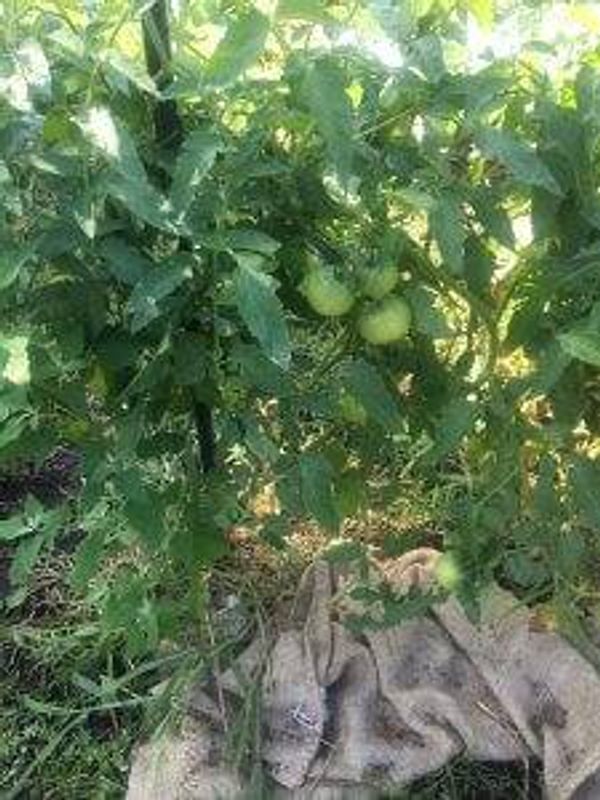
“We only use red tomatoes for a hamburger,” she says, smiling. “I’m from Peoria, Illinois, and I grew up eating fried green tomatoes.”
According to Zulu, green tomatoes are very popular with a lot of the locals: “As soon as they get any size, folks are over here.”
A Need for Better Access to Produce
In some way, Zulu’s commitment to gardening has surprised her.
She grew up on a family farm in Virginia and they were sharecroppers. “We had three fields and we raised peanuts. We’d have to cut the grass on one field, move to the next one and then it was time to go back to the first field and cut that again,” Zulu explains. “I used to say, ‘If I never see another farm again…,’” she adds, laughing.
Zulu and Vusumuzi came to Minnesota in 1968 and raised four children in this neighborhood (they now have grandchildren and great-grandchildren) and before long, she decided she wanted to start a garden in the backyard.
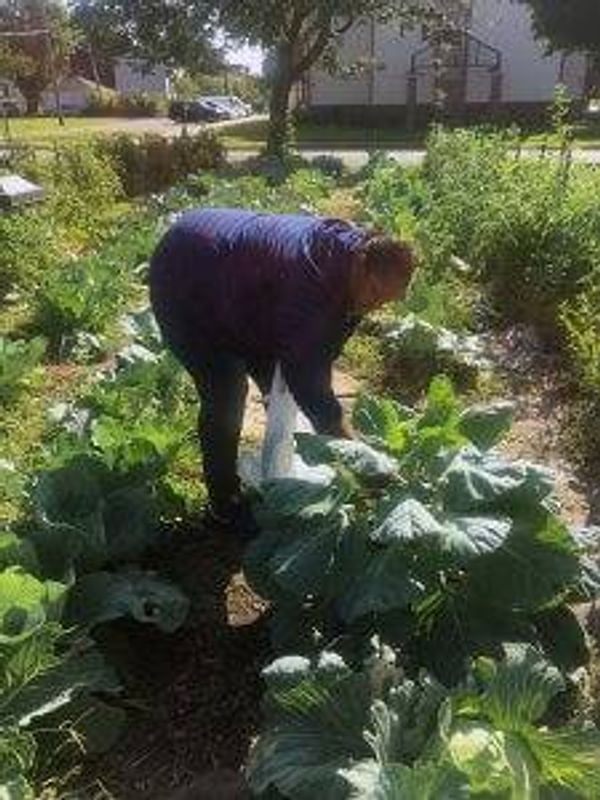
But Zulu also saw a need for her neighbors to have better access to fresh produce, and approached the owner of the land, who turned it over for the community garden. “This area is a food desert — the nearest grocery store is a couple of miles away,” she says. “In the old days, when I was younger, I could walk there, but now it’s hard.”
She doesn't know quite how many people visit the garden each week, but as the season goes on, vegetables become more scarce, so she knows the garden is well used and appreciated. And for those who'd rather not pick, plastic laundry baskets containing vegetables sit on a shaded picnic table, surrounded by pillars with grape vines.
The Chief Caretakers
While many community gardens offer individual plots for neighbors to plant and tend, Zulu and neighbor Al Landers, who lives just across the street from the garden, are its chief caretakers. However, for several weeks during the summer, they receive assistance from a local high school youth group, Step-Up Kids, who help with tasks like weeding.
Landers is in charge of watering the garden daily. But not entirely, he says. “It’s me and God. I get help from Him,” notes Landers.
On behalf of the garden, Zulu was awarded a grant from the Mississippi Water Shed Management Organization to fund the implementation of a water catchment system for a flat-roofed building directly adjacent to their large corner of the city block.
“We have about five barrels back there to catch the water that runs off the roof,” she says, which is where Landers collects the water for the garden.
The Positive Garden Atmosphere
Not only is the produce free for the taking, according to Landers, the community garden is also able to deliver some vegetables to the nearby food shelf located at North Point, Inc., a community-based human services agency.
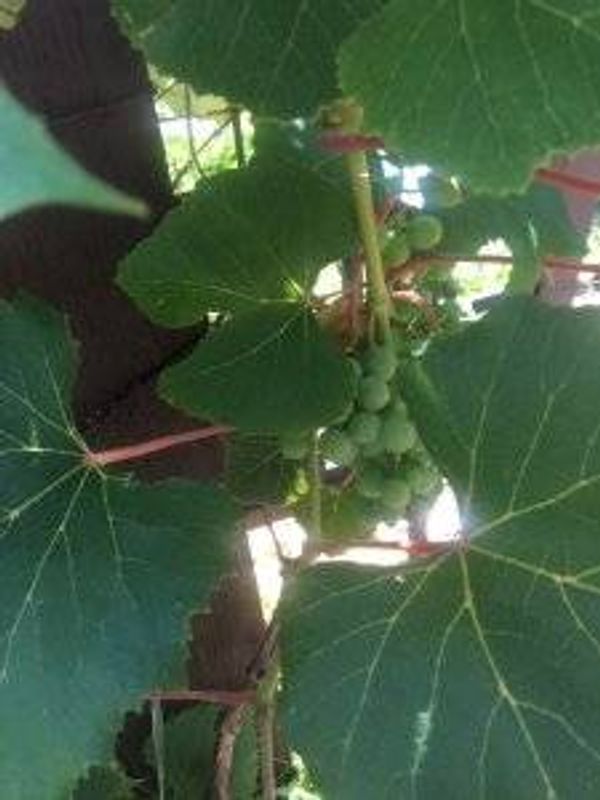
“We do what we can,” he says. “[The produce] is for people who can’t make it over here to the garden.”
Zulu says a few residents of a nearby high-rise for older adults visit the garden, but the frequency of their visits has changed since the loss of one of the building residents.
“Dorothy Robinson was the most influential and always helped her neighbors get out and walk over here. We try to do a little of what she did and bring people to the garden,” she says. “A man who uses a wheelchair comes with his son; they planted some potatoes for us.”
Community members of all ages can take the produce, but for some of the older residents, just spending time in the atmosphere of a garden is a positive experience. Zulu recalls visiting with one woman last summer who sat on a nearby bench, watching the activity. Zulu even offered her some guidance on how to pick collard greens.
“I guess it’s something I take for granted. I thought everyone knew how to do that. But she grew up in Chicago and there weren’t any gardens nearby for her to visit,” Zulu says.
For others, the nostalgic feeling about growing a garden isn’t very strong. “I’ll ask folks to help now and then, but sometimes they’ll say, ‘Uh huh, that’s why I left Arkansas. There’s no nostalgia for me,” Zulu says with a laugh.
'Yes, This Is Needed'
Part of Zulu’s role is to be a coach of sorts, telling people when to pick the produce, and when not to pick it. “We make sure to tell people to wait until things are ready to be harvested,” she says. “Collards and turnip greens can keep going if you pick them right; collards can go until it freezes.”
But even if they need a little guidance, Zulu is always happy to see people harvesting the garden’s bounty. “It says, ‘Yes, this is needed,’” she says.
Zulu tends not to harvest from the garden herself, preferring to rely on her own container gardening at home rather than take from what’s available for others.
What she does enjoy are the quiet mornings out in the garden, “when it’s nice and cool, before the sun starts beating down,” she says.
Zulu is there most days, and tries to set a time limit for herself of two hours. But in the garden, time passes quickly.
“I’m not thinking about time,” Zulu says. “I’m just thinking about completing my tasks."


